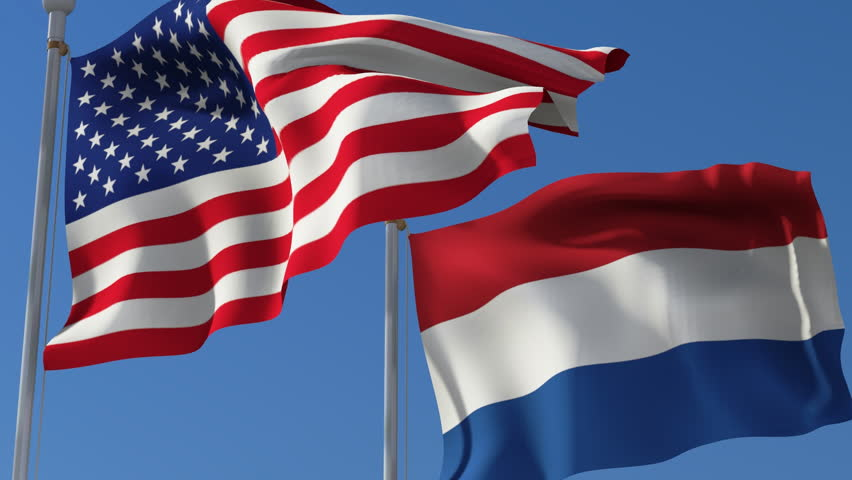
Background – A structured methodology for bilateral cooperation
In 2019 and early 2020, the Netherlands and the US have developed a method for bringing focus and impact to their bilateral cooperation on energy innovation, with attention for both energy and economic goals. Besides defining ‘lean and mean’ general frameworks, the focus was mainly on four strategic areas with a clear impact. Collaboration criteria and phases have been determined.
Four central criteria were followed to ensure that the new cooperation would generate targeted, impactful actions:
- Define clear goals and apply focus per strategic programme
- Work towards clear responsibilities of implementing partners
- Define partnerships of and with partners
- Provide monitoring and feedback on goals, progress and evaluation.
Application of these principles contributed to a three-stage bilateral cooperation method:
- Phase 1 – Exploring cooperation in a general sense and per strategic program: making analyses and sometimes outsourcing (overviews of RVO current cooperation, current use of regular programs and multilateral effort), conducting informal and formal discussions (such as GES2019), exploratory missions (attending ARPA-E conference), Trail-blazer meetings (on TSE10.2019), engaging moderators (Ideas from Europe),
- Phase 2 – Shaping collaboration: defining actions per strategic programme based on exploration, initiating targeted collaboration missions (such as for H2 / CCUS research and H-Associations in Q2 2020, cost of expert missions), extra commitment at natural moments (as TUD conference March 25, 2020, Boston conference mid-July 2020), provide input for political visits and agreements.
- Phase 3 – making progress and impact: financing of specific programmatic lines – following from cooperation missions in phase 2 and – included in agreements per strategic programme. For this third phase, the Dutch Ministry Ministry of Economic Affairs and Climate Policy, EZK, approved a Memorandum of Understanding to strengthen cooperation with the US, indicating its direction and scope. Digital signing of the MoU is foreseen for summer 2020.
A bilateral strategic hydrogen/CCUS agenda for the Netherlands and the US is expected by the end of 2020.